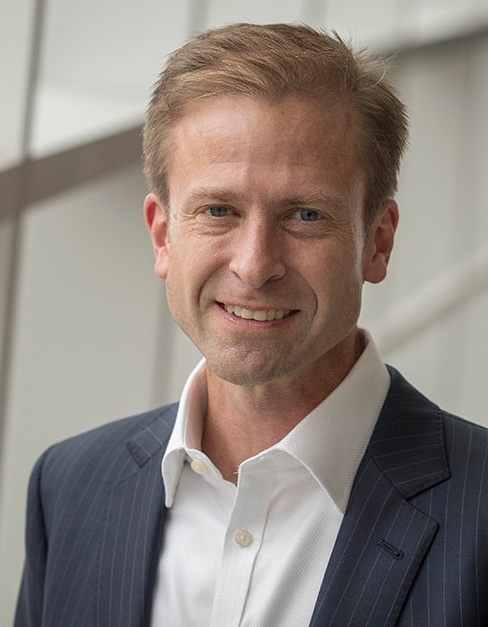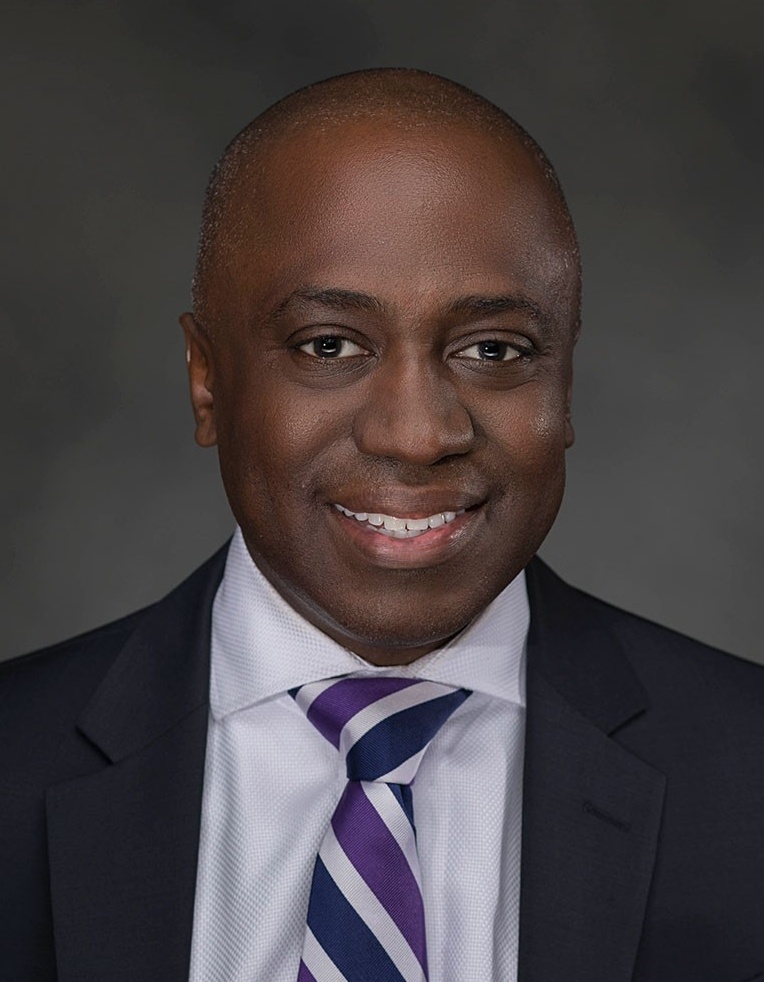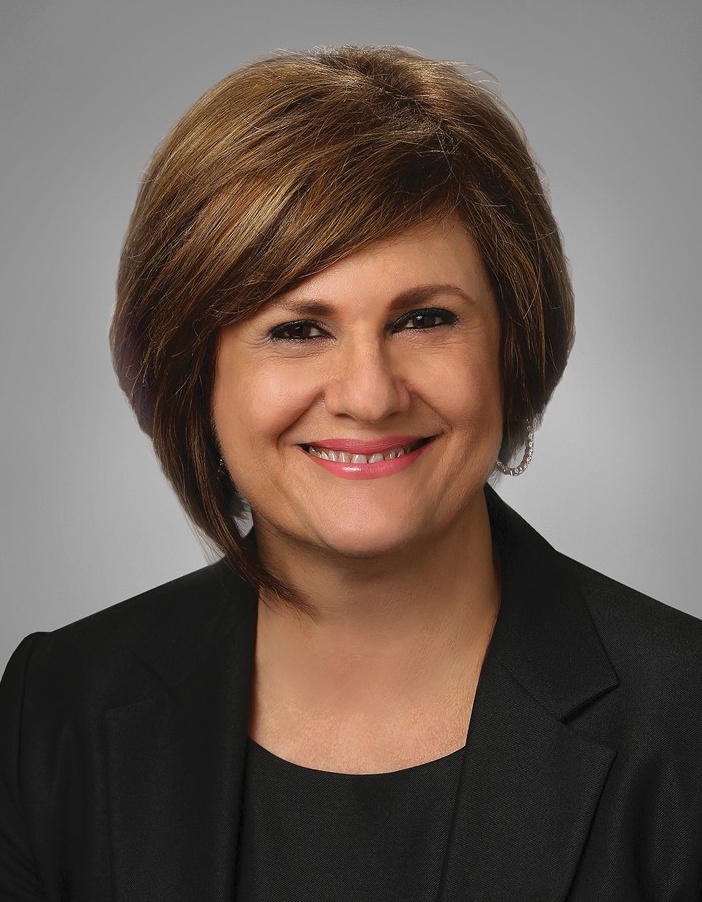The new, new normal
Experts weigh in on the future of work
By Kevin Manne

The COVID-19 pandemic forced much of the world’s workforce to go remote: Employees worked from home at makeshift offices at first, but eventually settled into a comfortable routine that many wish to maintain.
Some of these employees even moved to new homes based on the assumption or promise that remote work would continue after the pandemic. A segment moved so far from the office that they’d require a full remote-work arrangement, while others would face a longer commute, according to research published in Fast Company.
A recent study from McKinsey & Co. found that while the majority of the world’s workforce cannot work remotely, up to 25% of workforces in advanced economies could work remotely without losing effectiveness—that’s four to five times as many as were working from home before the pandemic.

Tesluk
But many leaders want to get back to “the way it was” as soon as possible, creating a disconnect between workers and leaders about returning to the office.
According to Paul Tesluk, professor and dean of the School of Management, the solution lies somewhere in the middle.
“It starts with everyone understanding and expecting that the way it has been through the pandemic is not the ideal modality for working going forward, because much of what we were doing remotely was out of necessity,” he says. “But that doesn’t mean things can or should go back to the way they were. We learned a lot about how to work remotely in an efficient and flexible fashion.”
In some ways, the pandemic merely accelerated trends that were already taking place, according to Ron Hamilton, BS/MBA ’94, senior vice president – global head reinsurance governance and operations services at Swiss Re.

Hamilton
“We have steadily moved to online platforms and interacting with clients digitally. For example, telemedicine has been an option for a number of years, so that’s how we connected with our doctors during the pandemic,” he says. “In addition, telework has been around for a while, with numbers climbing slowly over the years. Post-pandemic, many companies are reporting that they will be completely remote or employ a hybrid model.”
Mara Swan, BS ’81, president of Xceleration – Human Capital Consulting, says companies will have to be more flexible in response to employee needs, as the power structure has shifted between the two.
“Highly skilled people were getting more power over time, but with the pandemic, employees in general discovered they have more power than they thought,” she says. “Look at grocery stores: Employees didn’t want to risk going to work and getting sick, so employers responded with bonuses, extra pay—anything to convince people to work so they could continue operations. Now people have higher expectations of their employers.”

Swan
What about company culture? Is it possible to maintain a common vision and goal with a remote workforce?
Swan says it can be done, but it’ll take effort.
“People talk about culture, but they don’t really understand what it is,” she says. “CEOs really have to think about what culture they want, and if you’re intentional about it, talk about it and hire people around it, you’ll have that shared culture.”
Hamilton says distributed teams can build culture through a set of shared values, goals and attitudes.
“Some believe it becomes more challenging to develop culture when individuals are not co-located,” he says. “To me, it means we have to work harder to develop it. Its success is based on a common purpose that must be clearly communicated and reinforced through actions.
At the School of Management, Tesluk says students are preparing for the workplace of the future through new degree programs, an increased focus on data and analytics, critical leadership and teamwork competencies, experiential learning and more.
“Employers expect our graduates to be able to successfully manage themselves, be effective team members and take on leadership responsibilities,” he says. “Our students learn to put their knowledge and skills into action, which prepares them for the real-world situations they will experience in the evolving modern workplace.”
Tesluk, Hamilton and Swan recently presented a School of Management-sponsored panel discussion for Buffalo Business First, titled “Are we a remote workforce forever?” View an archive of the program and hear more insights in the video below: